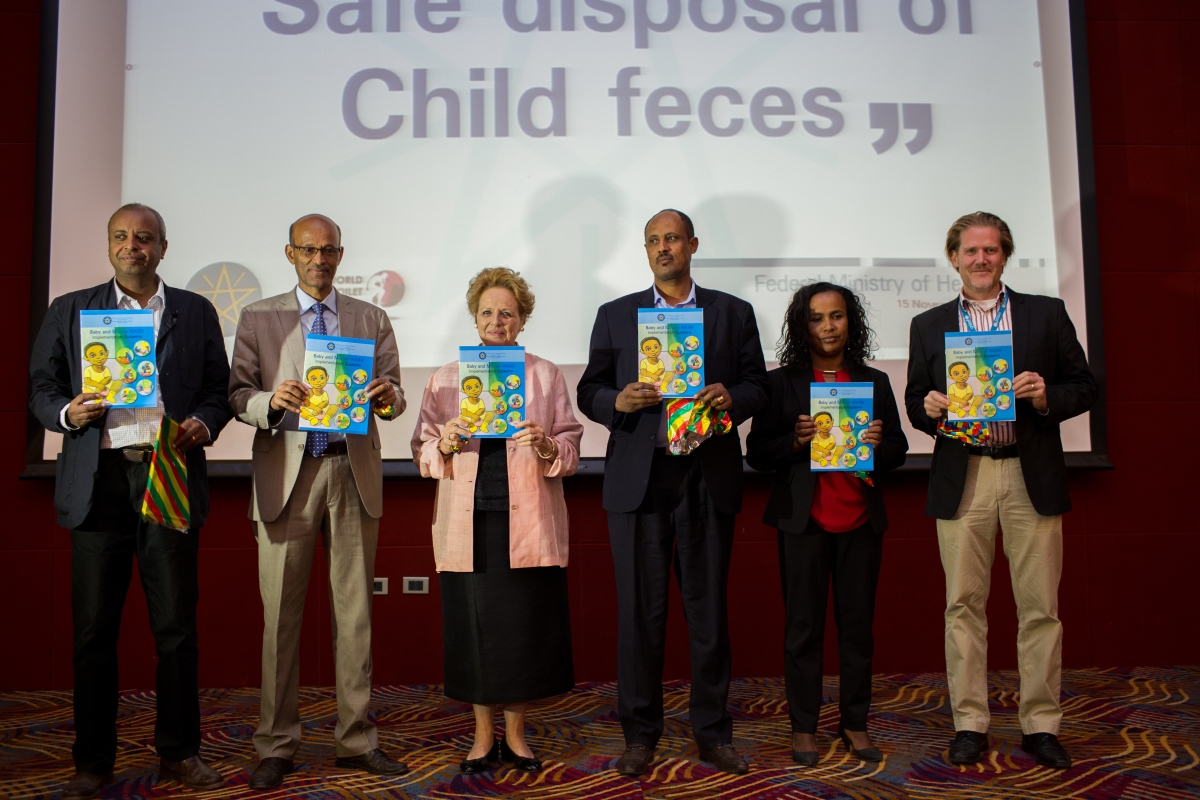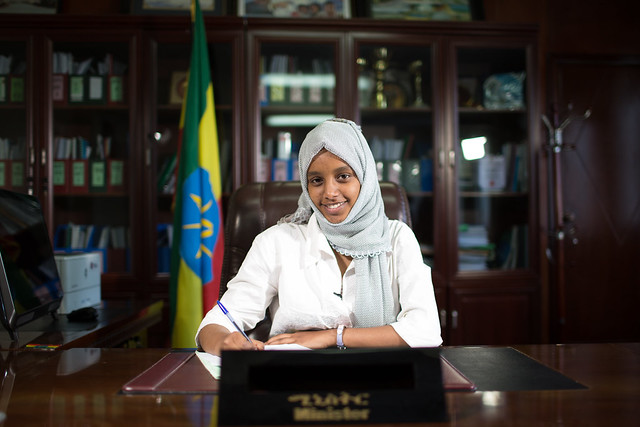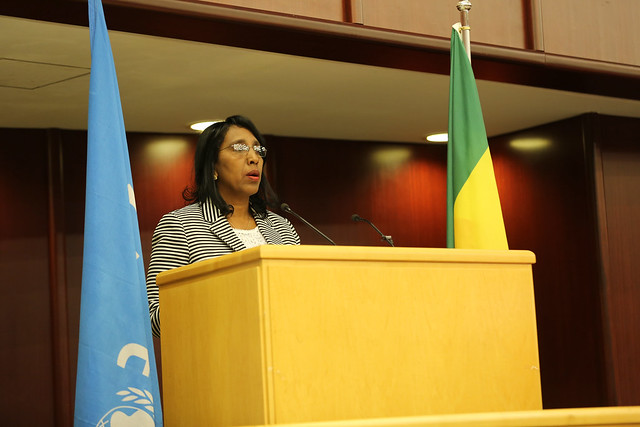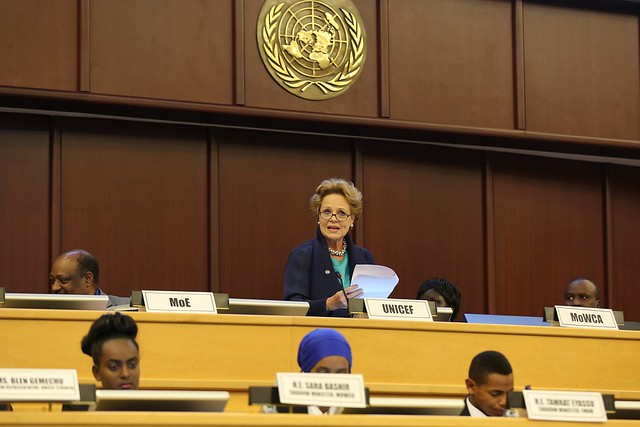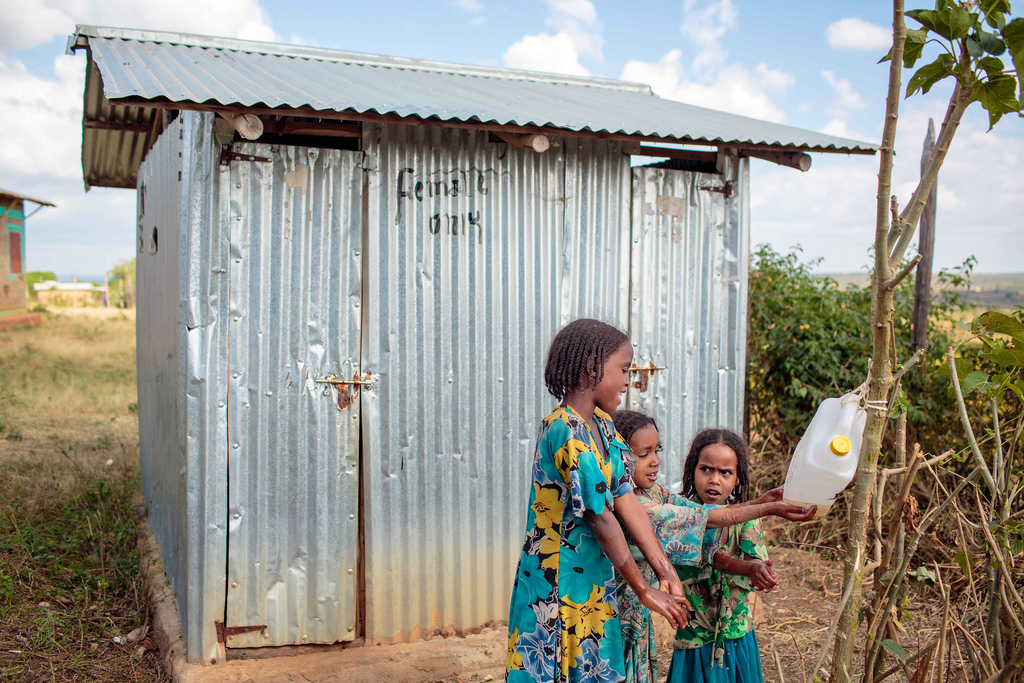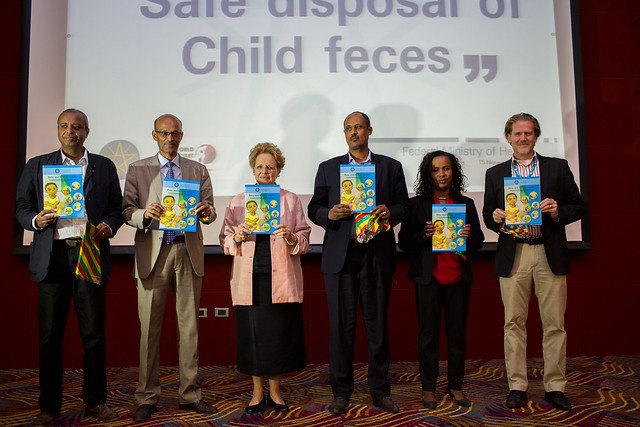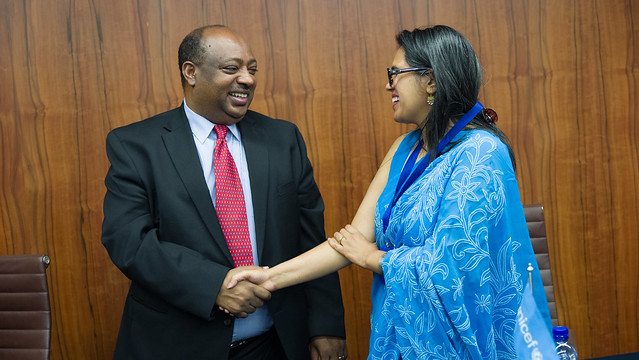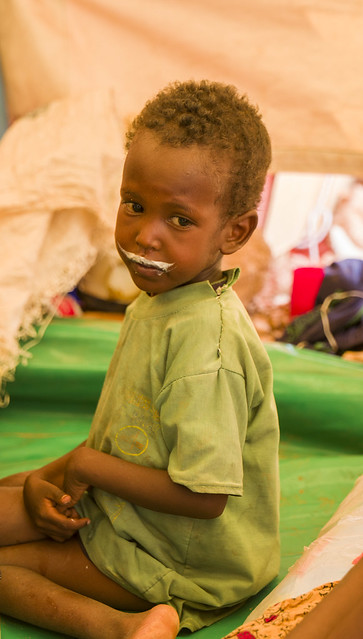By Samuel Godfrey
When you travel in a car through Addis Ababa, you will note that adult women and men vary greatly in height. There are tall people and short people. So which ones of these are actually stunted? And why? Scientifically stunting is defined as a reduced growth rate in human development and is a primary manifestation of malnutrition or more accurately under nutrition. The definition of stunting according to the World Health Organisation (WHO) is for the “height for age” value to be less than two standard deviations of the WHO Child Growth Standards median.
So how does under nutrition occur? Recent scientific evidence suggests that under nutrition is a result of recurrent infections such as diarrhoea or helminthiasis in early childhood and even before birth. In 2016, UNICEF Ethiopia, published a blog entitled BABY WASH – the missing piece of the puzzle[1]?, in which evidence from a paper published by UNICEF and John Hopkins University in the Journal of Tropical Medicine and International Health[2] highlighted the need to target interventions to reduce unsafe practices of disposal of baby and child faeces. To convert this evidence into action, the Government of Ethiopia, UNICEF and partners have developed a BABYWASH implementation guideline. The guideline aims at contributing to improving Integrated Early Childhood Development (IECD) through improving the baby and child environment.
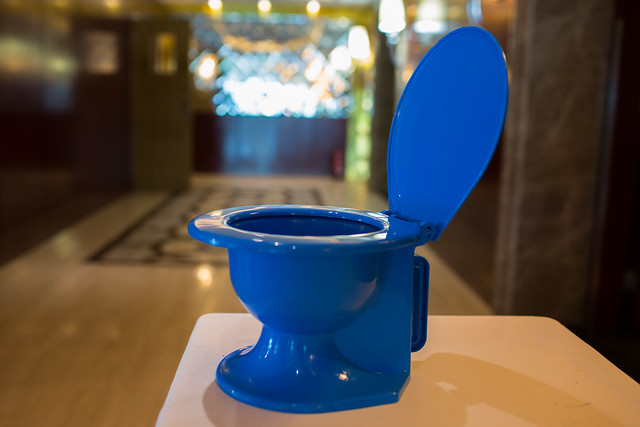
The 2017 World Toilet Day was a perfect opportunity to launch the BABYWASH guideline. The document includes guidance on how to implement programmes with safe disposal of child faeces, providing protective environments through play mats and similar measures as well as prevention of soil transmitted helminths. The strategy was endorsed for implementation alongside regular safe sanitation and hygiene practices which are already being promoted by health extension workers. In his statement, H.E Dr Kebede Worku, State Minister of Health of Ethiopia said, “In Ethiopia, there is a common misconception that children’s faeces are not harmful while evidence shows otherwise. The current sanitation and hygiene promotion efforts, at times, overlook safe disposal of children’s faeces. In addition, most toilets are not designed keeping children’s special needs in mind. Hence, I am proud to endorse the Baby WASH manual today which was developed by the Federal Ministry of Health with the support of UNICEF and other partners in order to ensure a healthy environment for children’s growth and development especially those under three years of age.”
Ms Gillian Mellsop, UNICEF Representative to Ethiopia on her part said, “UNICEF is pleased to support the Ministry of Health in preparing these excellent guidelines on Baby WASH. We know that a contaminated environment harms infants and young children and puts them at risk of increased child mortality and stunting. Together, we have to ensure that parents and guardians, teachers and community leaders are aware of the importance of Baby WASH.”
According to the Knowledge, Attitude and Practice (KAP) baseline survey on Water, Sanitation, and Hygiene carried out in eight regions of Ethiopia, there is a general misconception about child faeces disposal. The survey showed that a lack of knowledge on the health risk related to child faeces is a key factor behind poor hygiene practices in faeces disposal. According to the survey, only half (49 per cent) of women knew that child faeces are dangerous to health. Misconception is higher among rural pastoralist women where only 39 per cent said child faeces are dangerous as compared with 50 per cent among rural non-pastoralist women and 54 per cent of women in urban areas. Although it may not be clear who is stunted and who is not just by looking at a child, it’s clear that safe disposal of child faeces helps improve a child’s health. Therefore, UNICEF will continue to support the Government with the implementation of the guideline throughout the country.
[1] https://unicefethiopia.org/2016/05/24/baby-wash-the-missing-piece-of-the-puzzle
